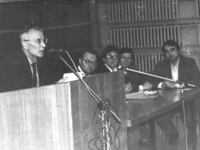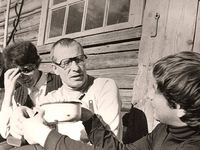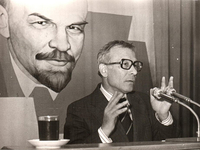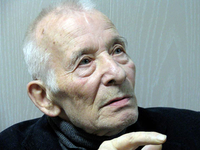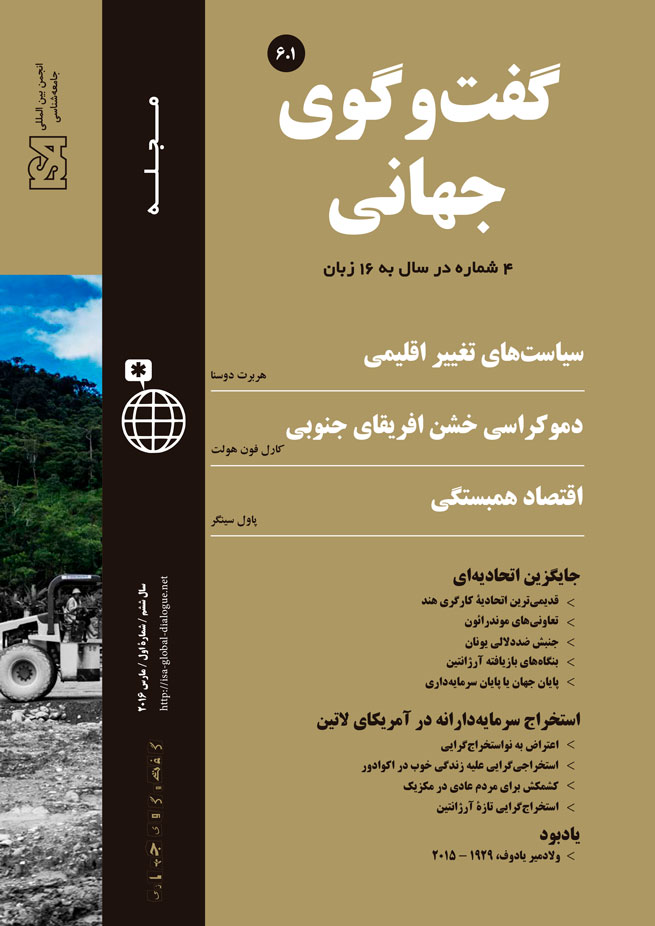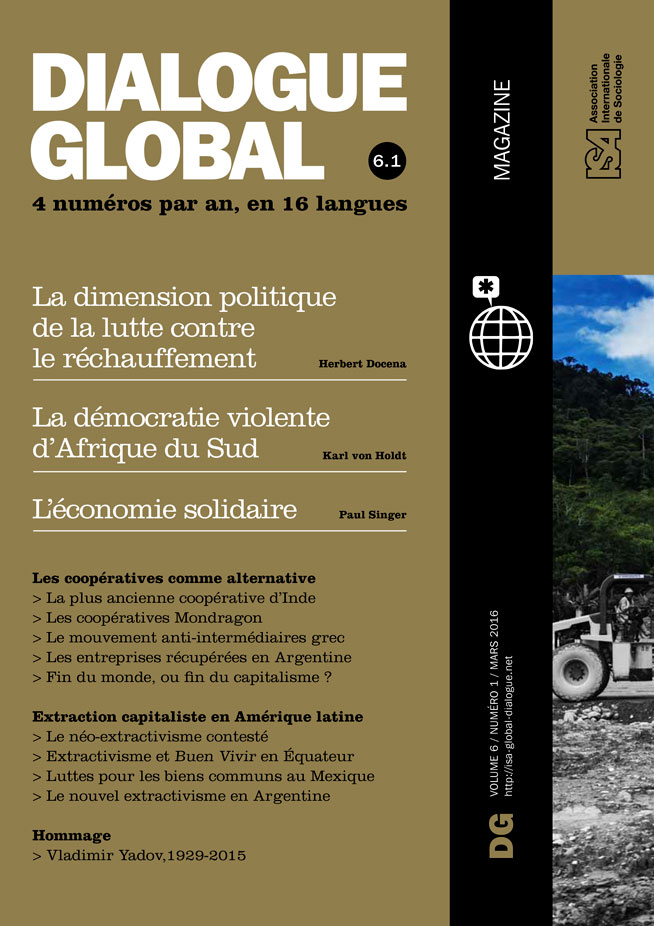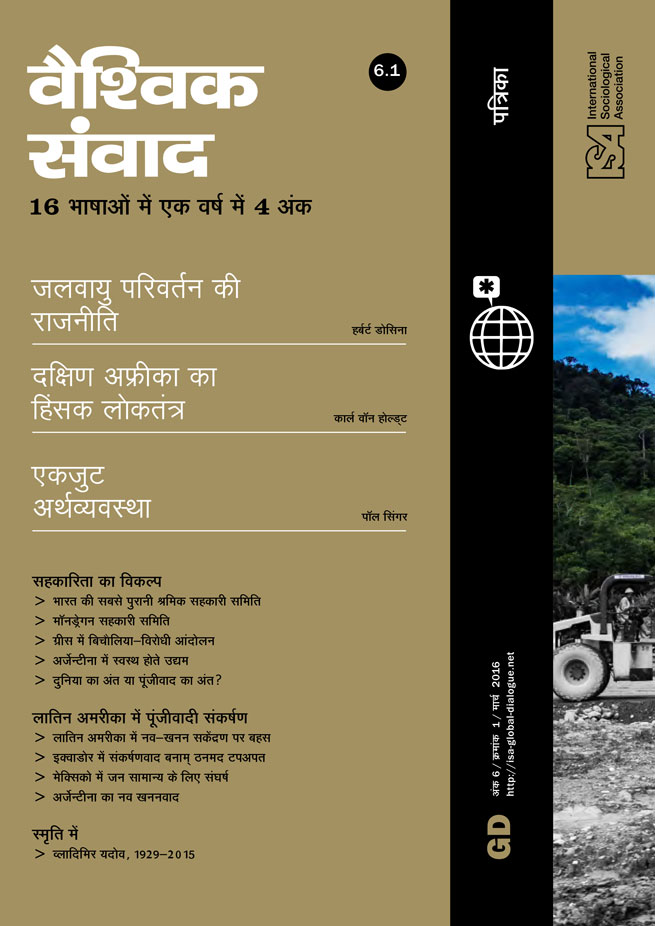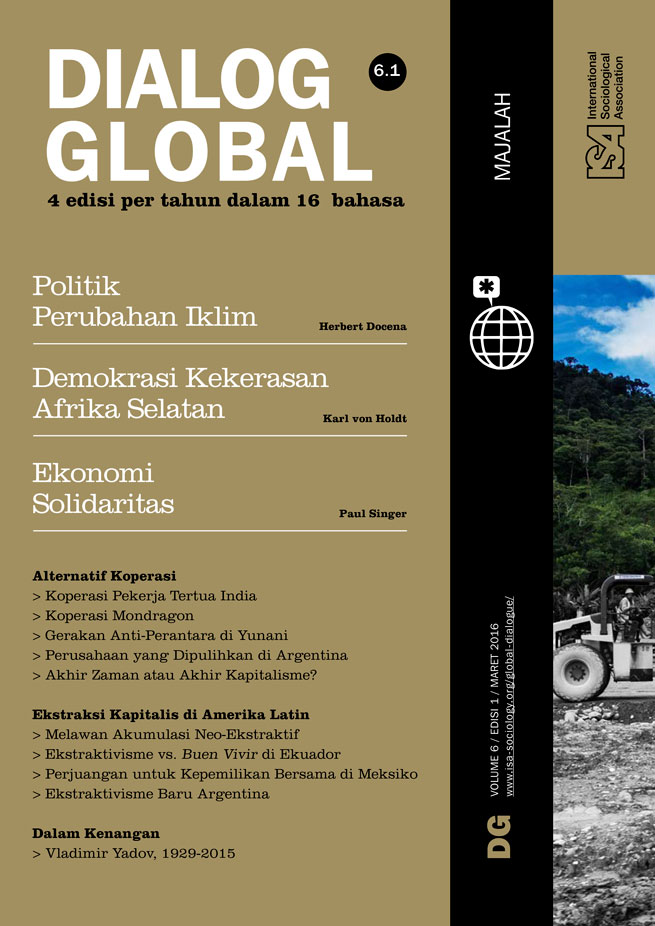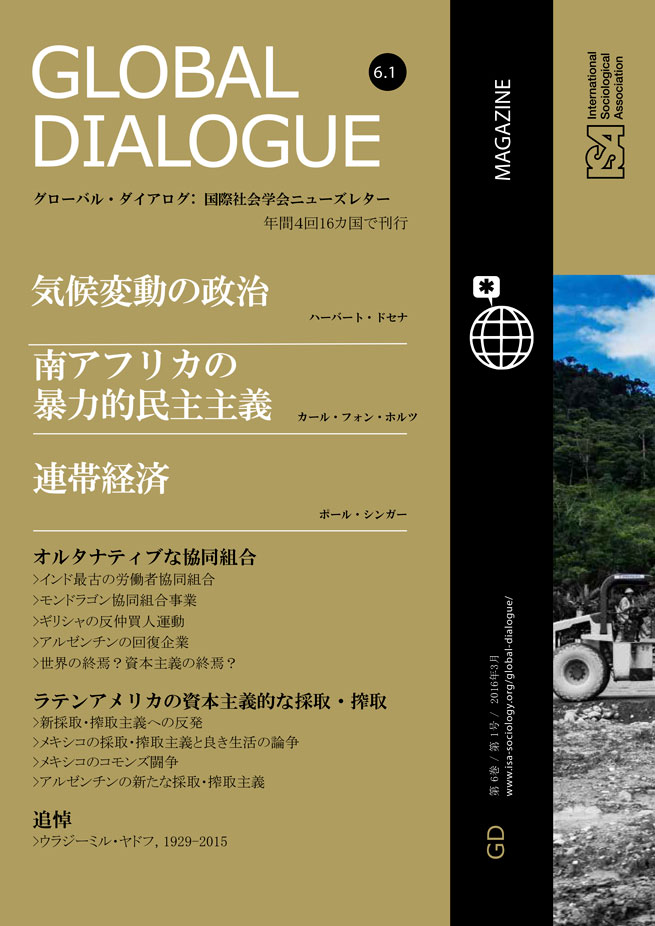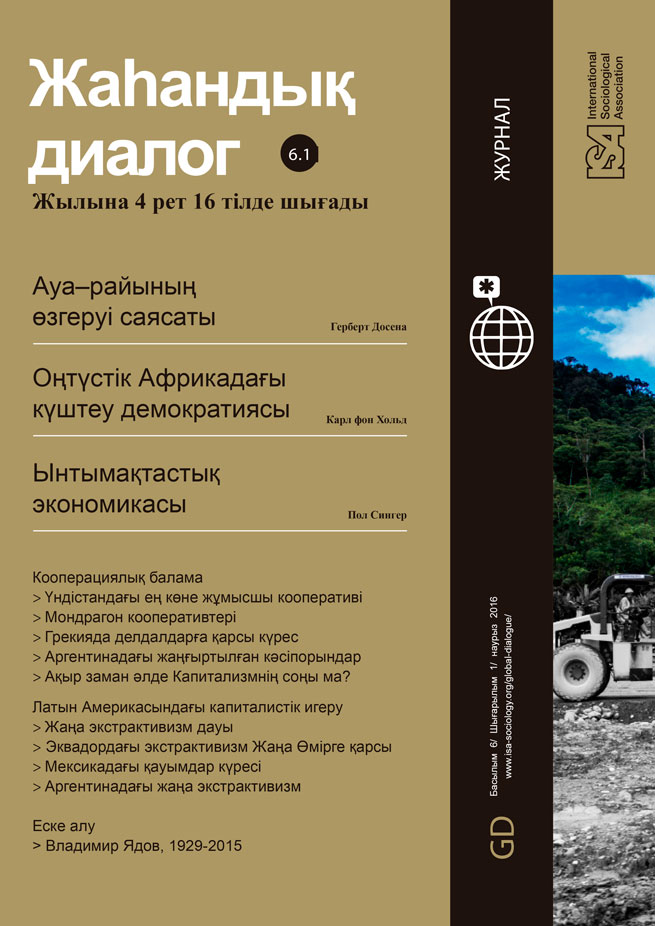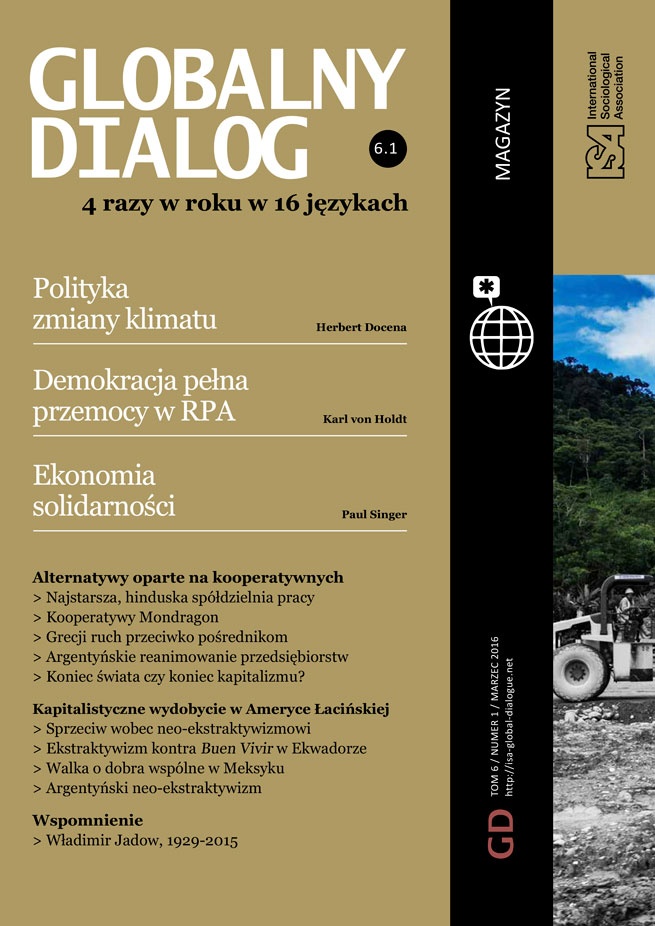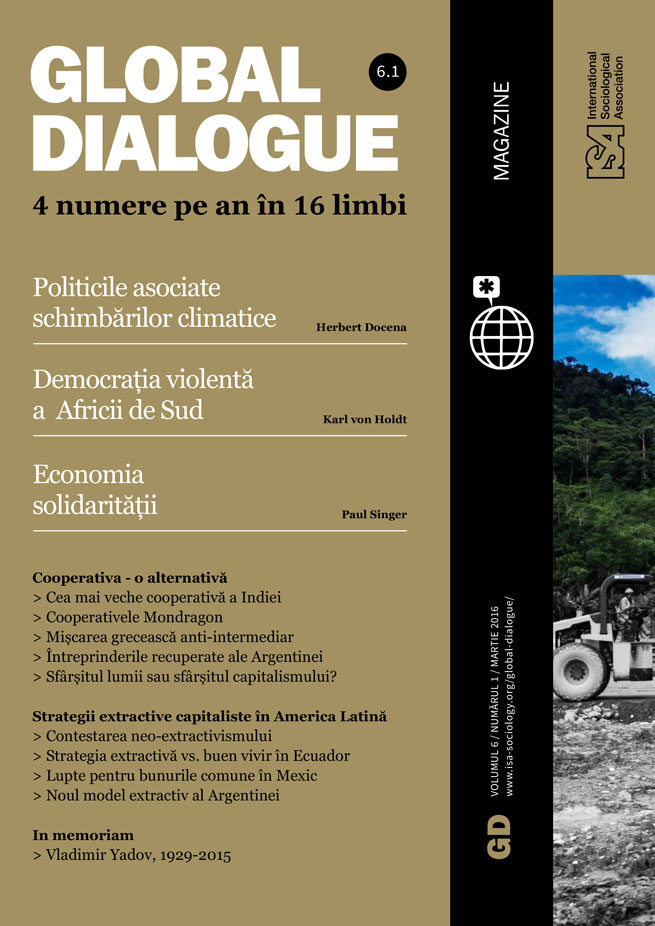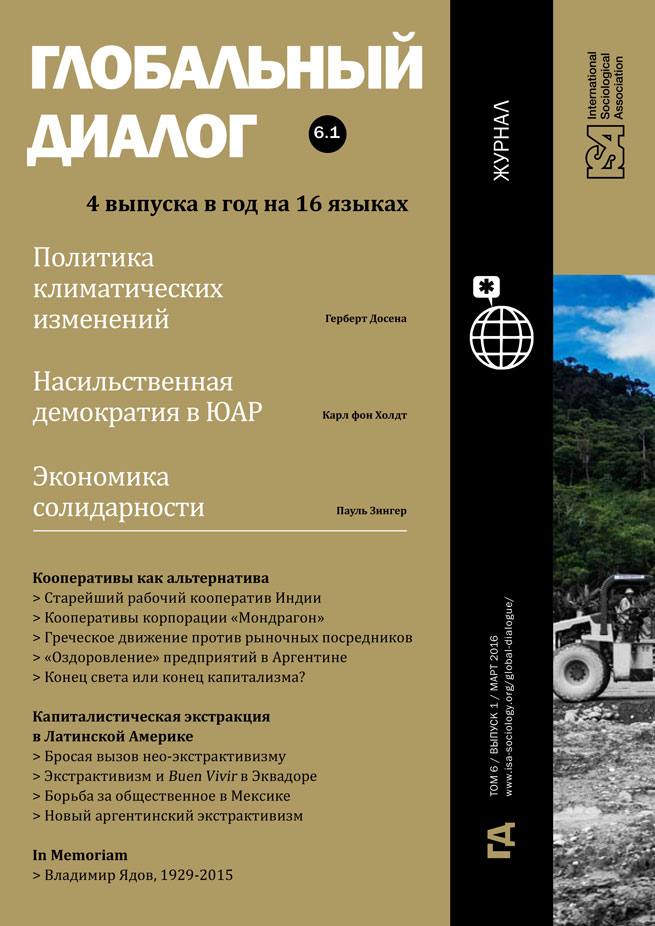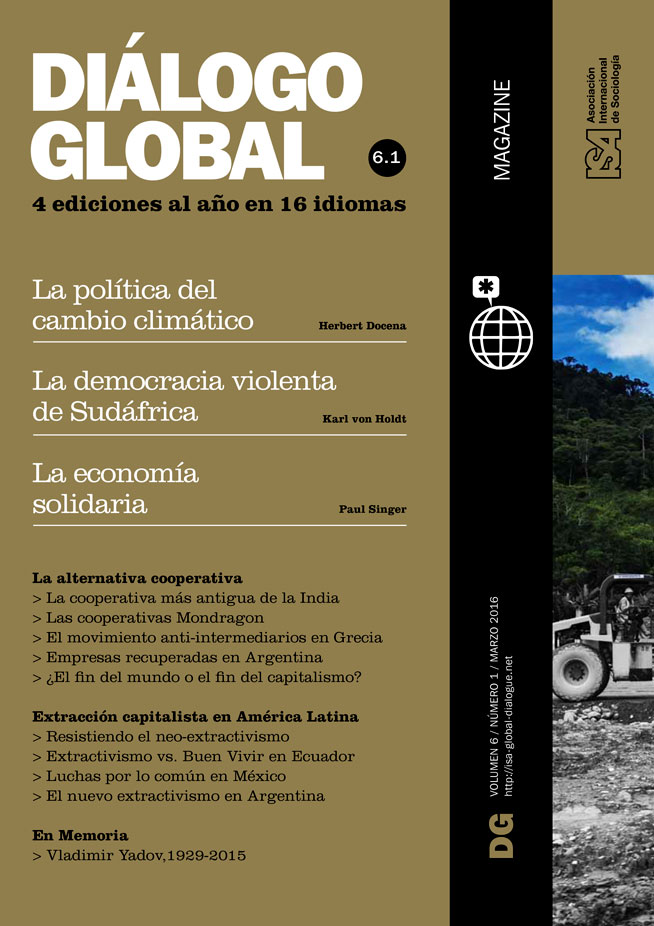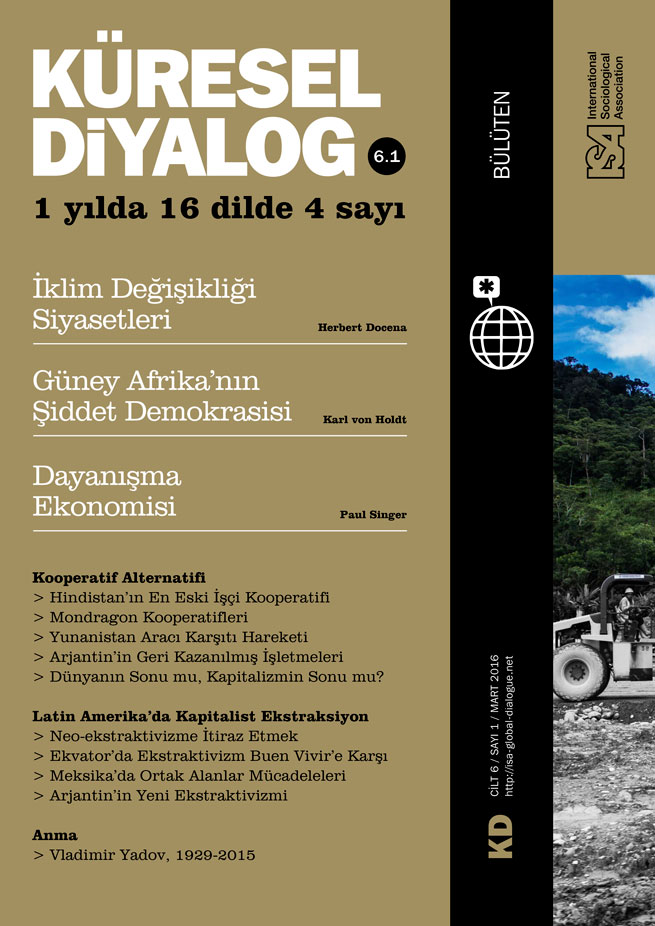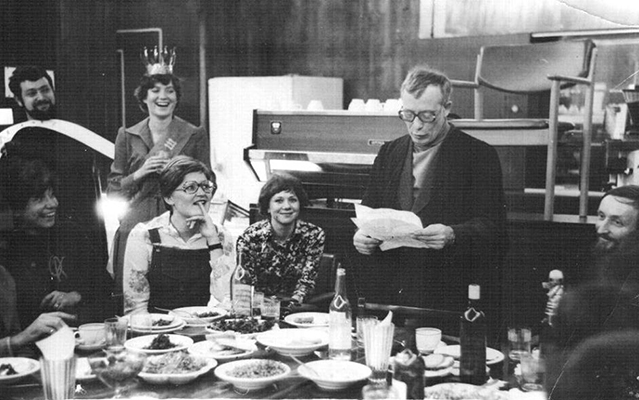Vladimir Alexandrovich Yadov once gave a course on “Applied Sociological Research” at the Faculty of Philosophy. He was so involved in his lecture that he suddenly fell off the platform. It turned out that the blackboard was longer than the stage on which he was moving while writing with the chalk. We held our breath but Yadov was instantly back on his feet proceeding with the lecture and writing on the board. He did not miss a beat. How different from the young maths professor who, fearing the same accident, stood in one place, even though he was supposed to cover the blackboard with equations!
Vladimir Alexandrovich recruited me to Sociology in 1967 on the fly. We were going through the stenographer’s notes of his doctoral defense. Needless to say the presentation was a roaring success. A sense of expectation filled the large room at the History Faculty where the public defense took place, especially as the rivalry between the groups of Yadov’s proponents and opponents became more intense. It was hard to take notes for this event since people shouted out comments from all over the audience. I felt Yadov’s agitation – he was hardly visible behind the high podium. It seemed to me that he was forcing himself to read the pre-rehearsed text according to the protocol but he would have preferred to convince the audience with oratory and polemics.
In sharp contrast to his propensity to dispute was the meticulous scholarship contained in the gigantic pile of documents and papers he had to submit to VAK (the National Accreditation Commission). As we worked together on these dull papers, he suddenly asked me what I thought about the prospect of studying at the Philosophy Faculty. He believed that the future belonged to sociology and to be a sociologist was the most interesting job with many possibilities. I entirely trusted him and have not been disappointed by my choice.
The following is a story from the 1970s. The Komsomol Sociologists of Leningrad (members of the Communist Youth League) did not demonstrate the appropriate degree of support for the opinion of the Bureau of the Communist Party regarding the emigration of two of our colleagues and friends. One of them had married a foreigner; another one had emigrated to follow his family. Opinions recorded at our meeting did not endorse the decision stipulated in the official recommendations. Our collective position was that “departure is a private matter and an individual has the right to choose what country to live in.” Our solidarity and openness alarmed the overseeing government bodies: “They speak too openly, there must be someone who is behind this…” ricocheted from the walls in the offices. Consequences came later. The bosses finally determined the list of those who were responsible for the cultivation of such a free spirit, those who stood behind us. Our teachers became outcasts: Vladimir Alexandrovich was number one on the list. This was Yadov – never compromising his core values.
Valentina Uzunova, Kunstkamera, Russian Academy of Sciences, St. Petersburg, Russia <ymnesterov@gmail.com>
